By: Kristen Eckman
Wentworth offers one of the most comprehensive cooperative education (co-op) programs of its kind in the nation. A co-op is full-time, temporary employment in your field of study that enables you to apply classroom learning to professional work experience. Unlike most schools, co-op at Wentworth is a requirement: all undergraduate day students must successfully complete two co-op semesters in order to graduate.
To prepare for your co-op semester, we suggest that you follow the Co-op Action Guide detailed below:
4-5 Months Before Co-op
- Familiarize yourself with the Co-ops + Careers resources
- Prepare a draft of your resume
- Submit Co-op Terms & Conditions on WITworks
- Meet with your Co-op + Career Advisor for WITworks access
- International Students: talk with International Student Services about CPT requirements
- Attend Co-op Institute to learn how to:
- Create and edit your resume & cover letters
- Develop an elevator pitch
- Create/update your LinkedIn profile
- Conduct informational interviews
- Begin to create a Portfolio of completed work/projects
- Join professional and student organizations
- Identify companies with early application deadlines
3-4 Months Before
- Meet with your Co-op + Career Advisor to finalize your application materials
- Upload your resume to WITworks
- Set up email alerts on WITworks and other job boards for positions of interest
- Begin applying for co-ops, customizing your application to each opportunity
- Schedule a mock interview with your Co-op + Career Advisor
- Create list of references
- Register for your co-op semester on Leopardweb
- Make sure your interview attire fits, and is clean and pressed or visit WITwear to borrow items as needed
1-2 Months Before
- Continue applying and interviewing
- Meet with your Co-op + Career Advisor if you are not getting interviews
- Send thank you notes to each employer 24 hours after an interview
- Review co-op offers
- Accept a co-op offer and notify any other employers you’ve interviewed with to withdraw your candidacy
- Once you accept a co-op offer you MUST stop applying and interviewing
- Report your hire on WITworks
- International Students: Complete all CPT paperwork, get it signed by your Co-op + Career Advisor, and submit it to ISS
- Thank your references and let them know you accepted a co-op
During your Co-op
- Create work plan with your supervisor that outlines your responsibilities and addresses your learning goals
- Meet regularly with your supervisor about your progress
- Network with people across the organization and conduct informational interviews
- Create a portfolio of accomplishments, including deliverables, skills acquired or honed, and any recognition you received making sure to receive permission from your employer to share any company information
- At the end of your co-op, ask for a LinkedIn recommendation
- Complete your self-evaluation to receive a passing grade
- Ensure your employer evaluation is completed to receive a passing grade
Whether you are preparing for a co-op search or a job search, the Center for Cooperative Education and Career Development has the resources you need to be successful. If you haven’t met with a Co-op + Career Advisor yet, give us a call at 617-989-4101 to schedule an appointment and we’ll get you started on the right track.
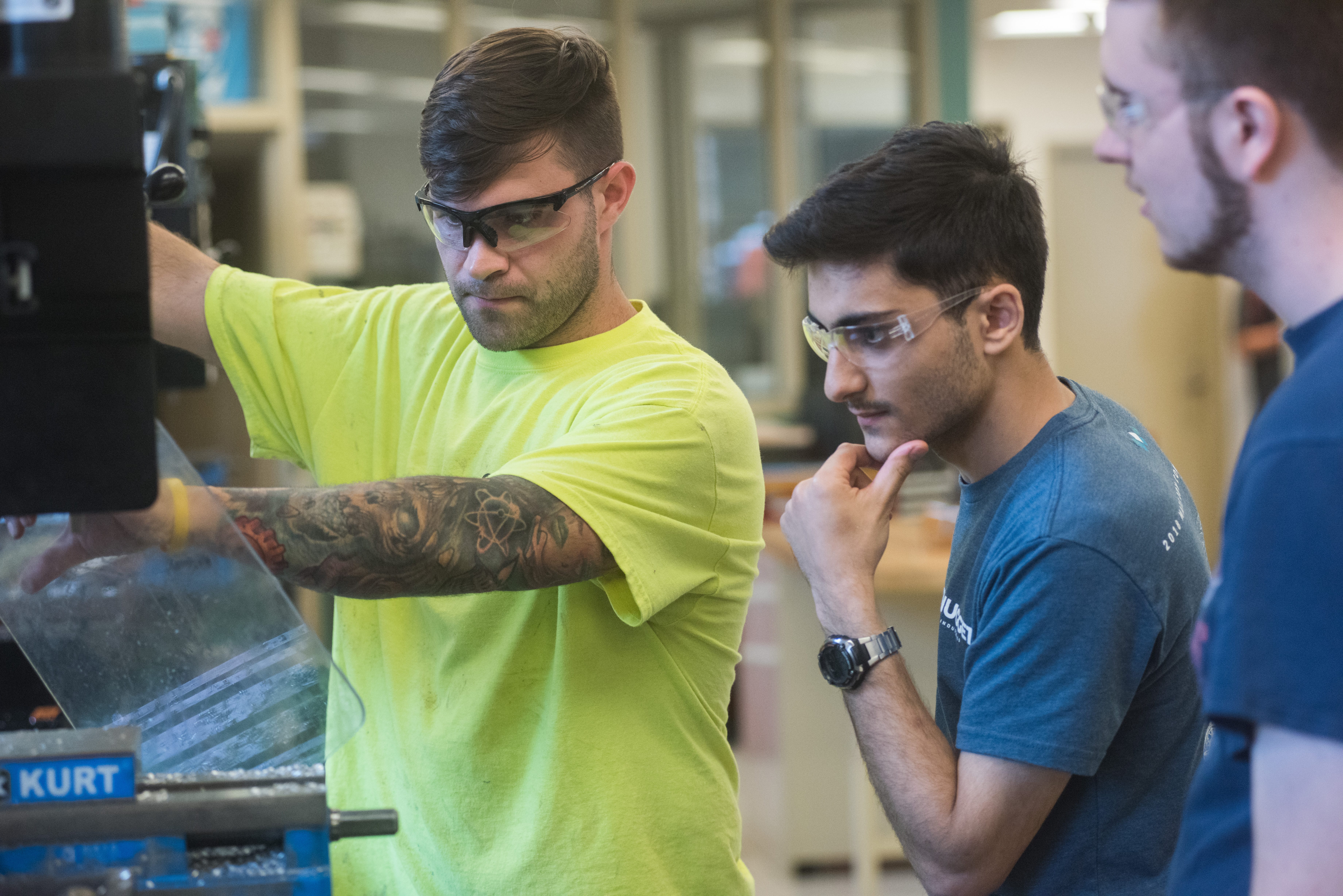
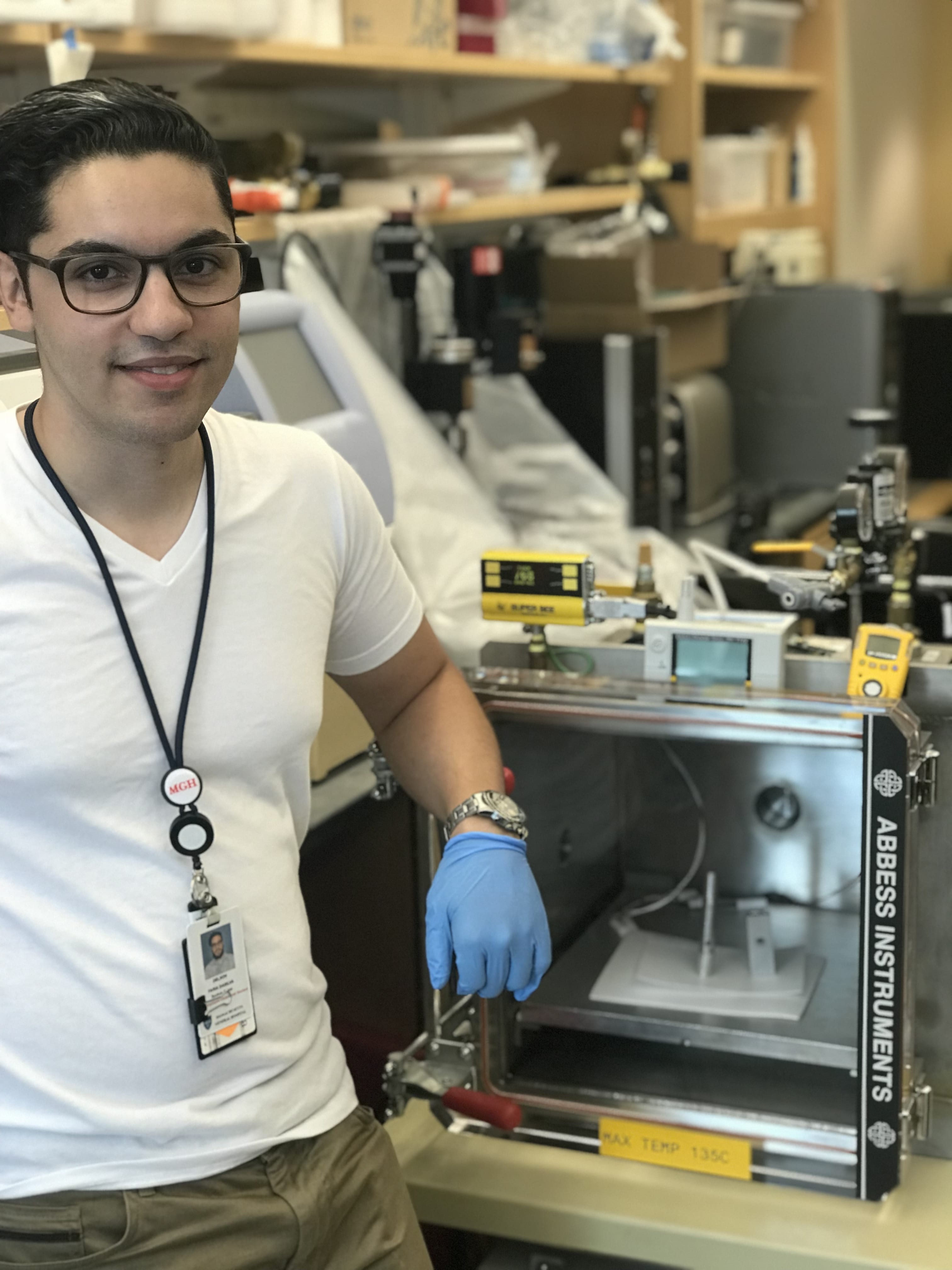 By : Kristen Eckman
By : Kristen Eckman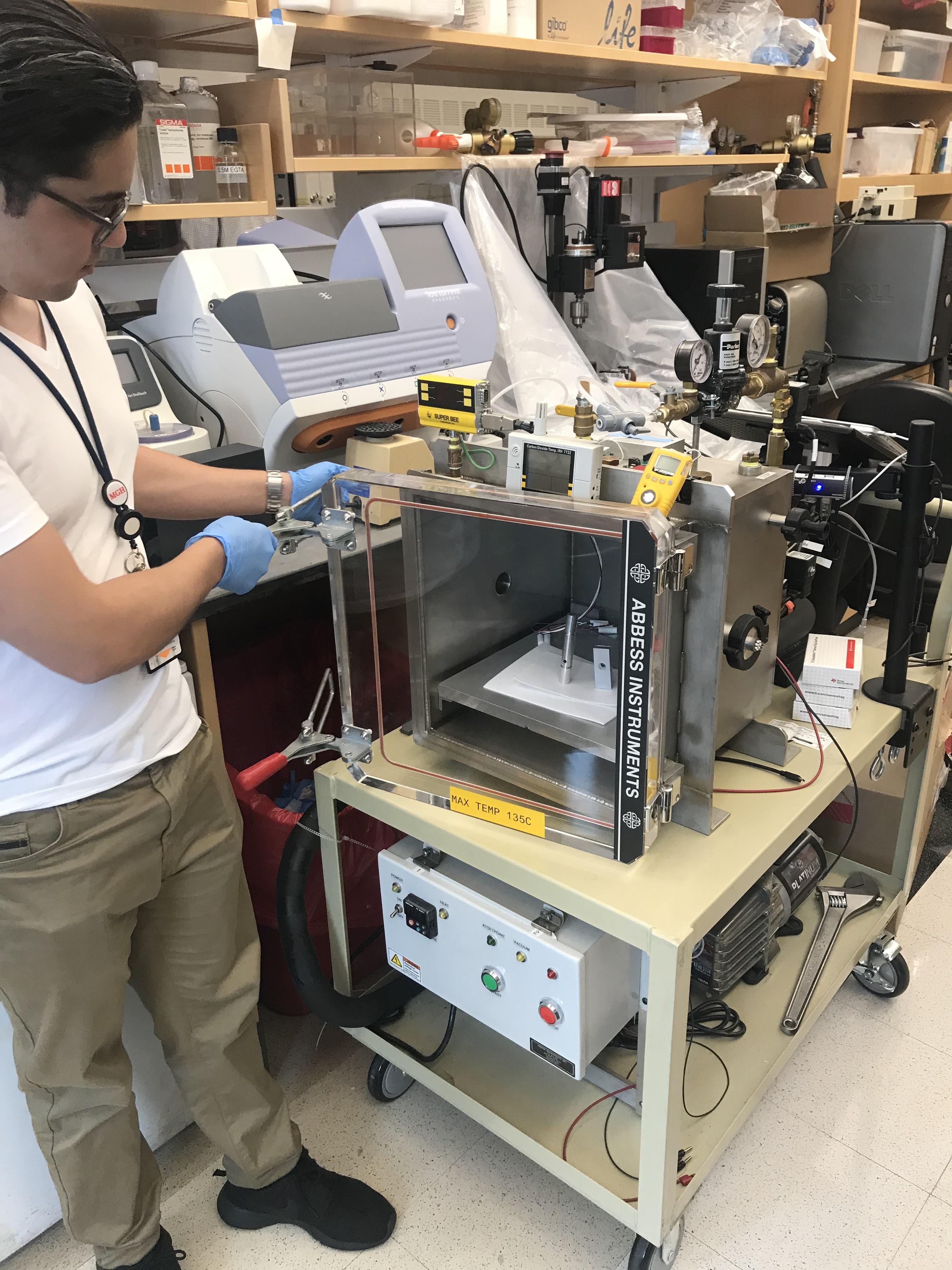

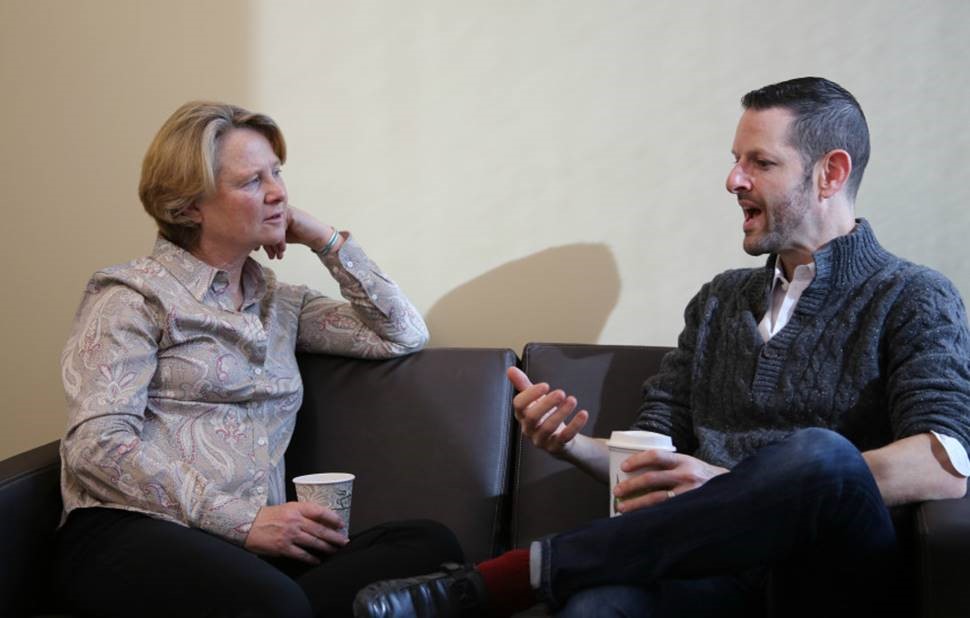
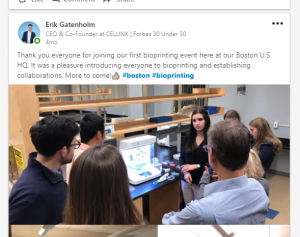

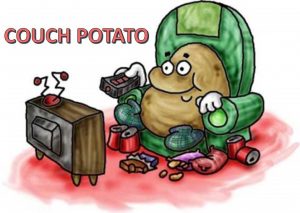 By: Ria Kalinowski
By: Ria Kalinowski